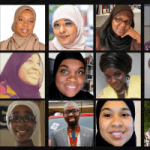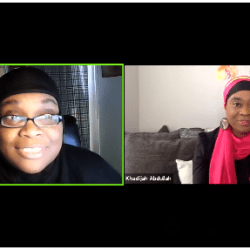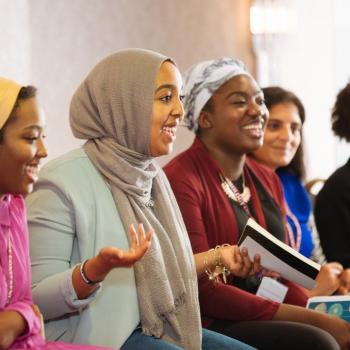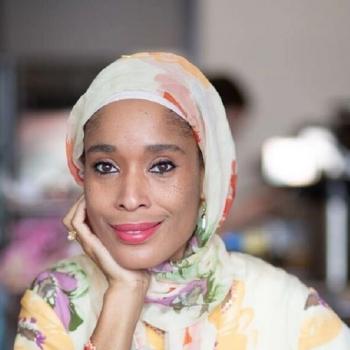Why Whites Ignore Racism
Many of us were raised to believe that racism is a taboo topic of conversation and as a result, we often get very uncomfortable when racism is discussed. We also often become defensive, even at the first mention of the words “racism” or “White people” because we fear we are either being painted with a broad brush or may be called racist. This is because often our scope of understanding about what constitutes racism and how it plays out in everyday society is limited by messages we received growing up, or for that matter, messages we did not get, which resulted in us having a very narrow definition of racism.
Those messages typically told us that racism = overt acts of hate or a strong dislike for someone because of their race. This is only one form of racism. We rarely got the message that racism works in much different, usually subtle, often systemic and harmful ways. Contrary to reality, we often receive the message that our society is advancing when it comes to racism. We even adopted the wrong view, after the election of Barack Obama, that for the most part racism was a thing of the past and we were living in a “post-racial” era. We hear that things are getting better when it comes to racial discrimination in the workplace, and think that the fact that so many of us have friends of color or are in interracial marriages is a sign of racism eroding. Presented with all these bogus positive messages, it can be hard to open one’s eyes to seeing racism through a broader lens.
What we’ve often failed to notice, or care to pay attention to for more than a few minutes, are the subtle (and not so subtle) forms of racism that people experience on an everyday basis and the ways in which racism operates within the justice system, the education system, among others, which results in differential, more negative, treatment for People of Colour compared to White people.
When it comes to what is needed to eliminate racism, we have erroneously received the message that all we have to do is be good people and abhor any overt acts of racism. But in fact, that’s not enough.
Committing to Conversations about Racism
















